The Big Bang theory is not threatened, but astrophysicists need to explain why these supermassive black holes exist.
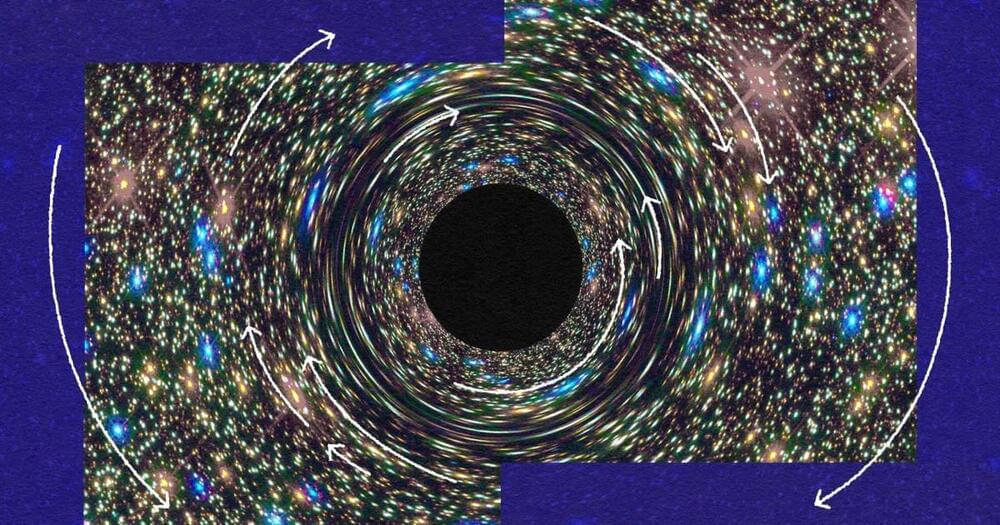

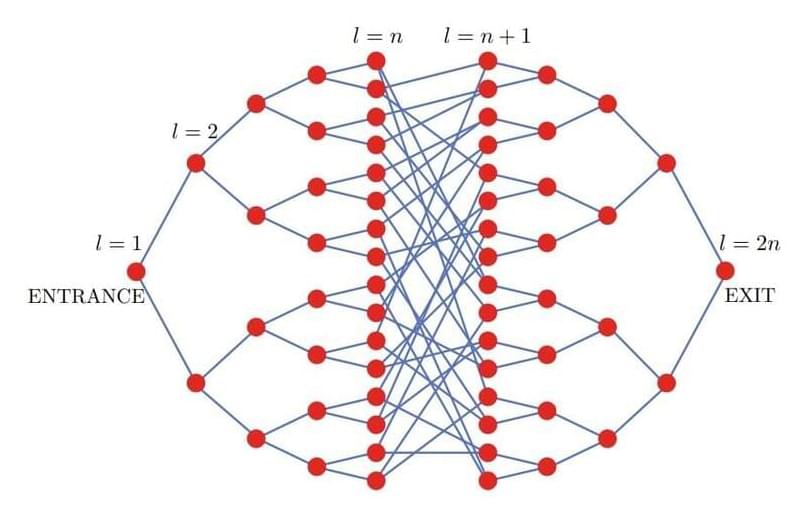
Quantum computers promise to solve some problems exponentially faster than classical computers, but there are only a handful of examples with such a dramatic speedup, such as Shor’s factoring algorithm and quantum simulation. Of those few examples, the majority of them involve simulating physical systems that are inherently quantum mechanical — a natural application for quantum computers. But what about simulating systems that are not inherently quantum? Can quantum computers offer an exponential advantage for this?
In “Exponential quantum speedup in simulating coupled classical oscillators”, published in Physical Review X (PRX) and presented at the Symposium on Foundations of Computer Science (FOCS 2023), we report on the discovery of a new quantum algorithm that offers an exponential advantage for simulating coupled classical harmonic oscillators. These are some of the most fundamental, ubiquitous systems in nature and can describe the physics of countless natural systems, from electrical circuits to molecular vibrations to the mechanics of bridges. In collaboration with Dominic Berry of Macquarie University and Nathan Wiebe of the University of Toronto, we found a mapping that can transform any system involving coupled oscillators into a problem describing the time evolution of a quantum system. Given certain constraints, this problem can be solved with a quantum computer exponentially faster than it can with a classical computer.
ISAAC YOUNG
A century-long problem solved?
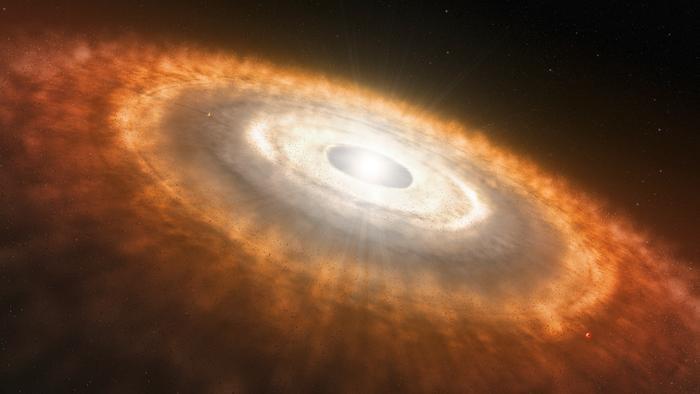
Can planets form under extreme conditions, such as high levels of ultraviolet radiation? This is something a recent study published in The Astrophysical Journal Letters hopes to find out as a team of international researchers used data obtained from NASA’s James Webb Space Telescope (JWST) as part of the eXtreme Ultraviolet Environments (XUE) JWST program to study the formation and evolution of young planetary systems. This particular study, known as XUE 1, focuses on the star cluster Pismis 24, with the team identifying some key ingredients for life as we know it.
Artist rendition of a protoplanetary disk where planets are forming around a young star. (Credit: ESO/L. Calçada)
“We find that the inner disk around XUE 1 is remarkably similar to those in nearby star-forming regions,” said Dr. Rens Waters, who is a professor of astrophysics at Radboud University in the Netherlands and a co-author on the study. “We’ve detected water and other molecules like carbon monoxide, carbon dioxide, hydrogen cyanide, and acetylene. However, the emission found was weaker than some models predicted. This might imply a small outer disk radius.”
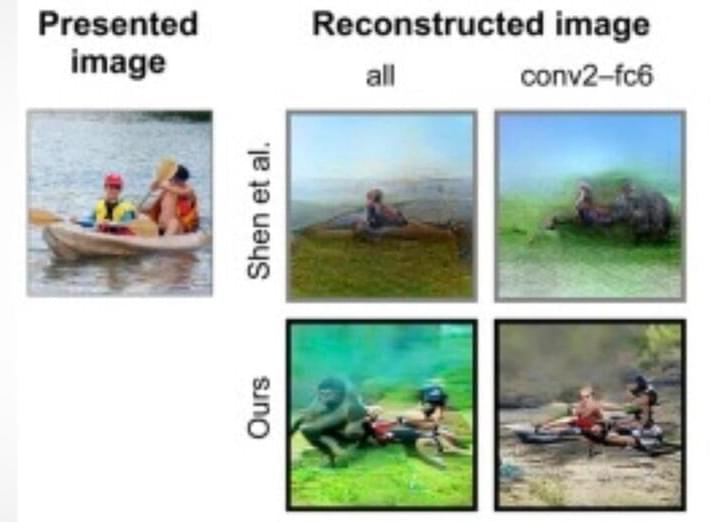
Scientists were reportedly able to use artificial intelligence (AI) to reconstruct images solely from people’s brain activity with over 75% accuracy for the first time ever.
According to Japanese newspaper The Mainichi, recreating images from brain activity is usually only possible when a subject is actually seeing the images with their own eyes, or when the type of images, such as faces, letters or simple figures, were specified.
However, a team of researchers at the National Institutes for Quantum Science and Technology (QST) in Japan have now demonstrated that it’s possible to accurately reconstruct complex images with AI — based almost solely from a person’s thoughts.

Good telescope that I’ve used to learn the basics: https://amzn.to/35r1jAk.
Get a Wonderful Person shirt: https://teespring.com/stores/whatdamath.
Alternatively, PayPal donations can be sent here: http://paypal.me/whatdamath.
Hello and welcome! My name is Anton I’m away for a few days due to voice issues, so enjoy this older video where we talk about the incredible invention of 3D printed bio ink that could be used to print any biological tissue (in theory). 3D printed heart anyone?
Links:
https://www.nature.com/articles/s41467-021-26791-x.
https://www.mdpi.com/2072-666X/12/8/865
https://www.sciencedaily.com/releases/2021/09/210921134345.htm.
https://en.wikipedia.org/wiki/Fibrin.
Bladder grown from 3D bioprinted tissue continues to function after 14 years
https://www.ascb.org/science-news/bioprinting-ethical-and-societal-implications/
Biocomputing: https://youtu.be/nszcPNhYRzI
Artificial cell: https://youtu.be/0MRGJNKACYs.
Synthethic genome: https://youtu.be/OxVZPKmm58M
0:00 History of 3D printing organs.
2:00 Why this is important for medical studies.
2:45 Bioink invention.
3:40 How this works.
5:30 Results from the study are quite incredible.
6:30 Future of medical 3D printing.
Support this channel on Patreon to help me make this a full time job:
https://www.patreon.com/whatdamath.
Bitcoin/Ethereum to spare? Donate them here to help this channel grow!
bc1qnkl3nk0zt7w0xzrgur9pnkcduj7a3xxllcn7d4
or ETH: 0x60f088B10b03115405d313f964BeA93eF0Bd3DbF
Space Engine is available for free here: http://spaceengine.org.
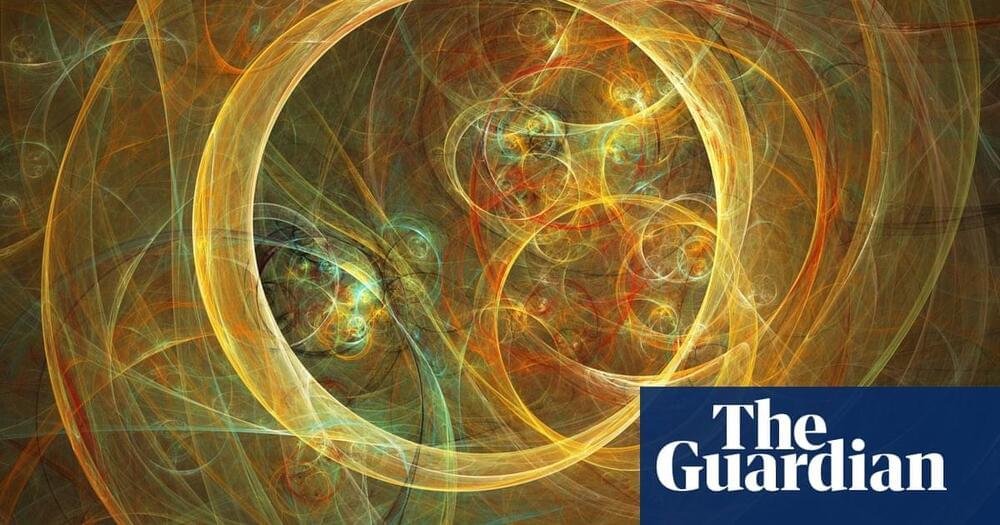
Military tech startup Anduril Industries is shaking up the U.S. defense industry as it is one of the few privately held technology companies finding success as a Defense Department contractor. But what makes the company’s software so unique that it is being used across multiple branches of the U.S. military and in both the Russia-Ukraine War and Israel-Hamas War?
WSJ explains how this startup is operating in order to disrupt the U.S. defense industry.
0:00 Anduril’s vision.
1:04 Palmer Luckey.
1:48 Software.
2:58 “Moneyball Military”
4:55 America’s defense industry consolidation.
5:53 Anduril acquiring other startups.
News Explainers.
Some days the high-speed news cycle can bring more questions than answers. WSJ’s news explainers break down the day’s biggest stories into bite-size pieces to help you make sense of the news.
#Military #Tech #WSJ

The New York Times’ profile of “who’s who” in AI, published Sunday, has drawn criticism for featuring zero women.
The article gives credit to a list of twelve men — most of them are the leaders of AI companies and tech giants — for fuelling the rise of the modern AI movement.
“You could come up with no women @nytimes? I have binders of them starting with @drfeifei,” wrote tech journalist Kara Swisher in an X post on Sunday, referring to Stanford professor Fei-Fei Li.